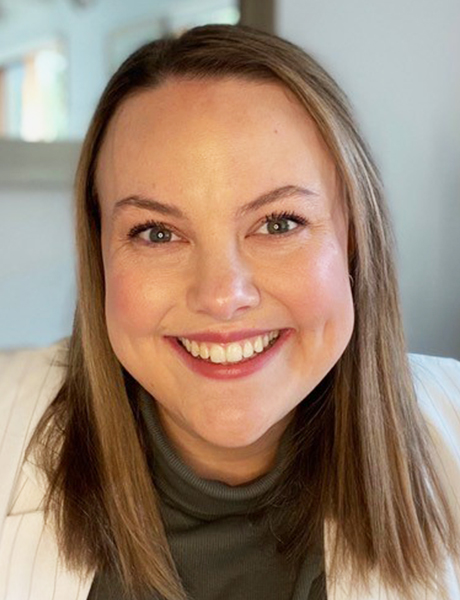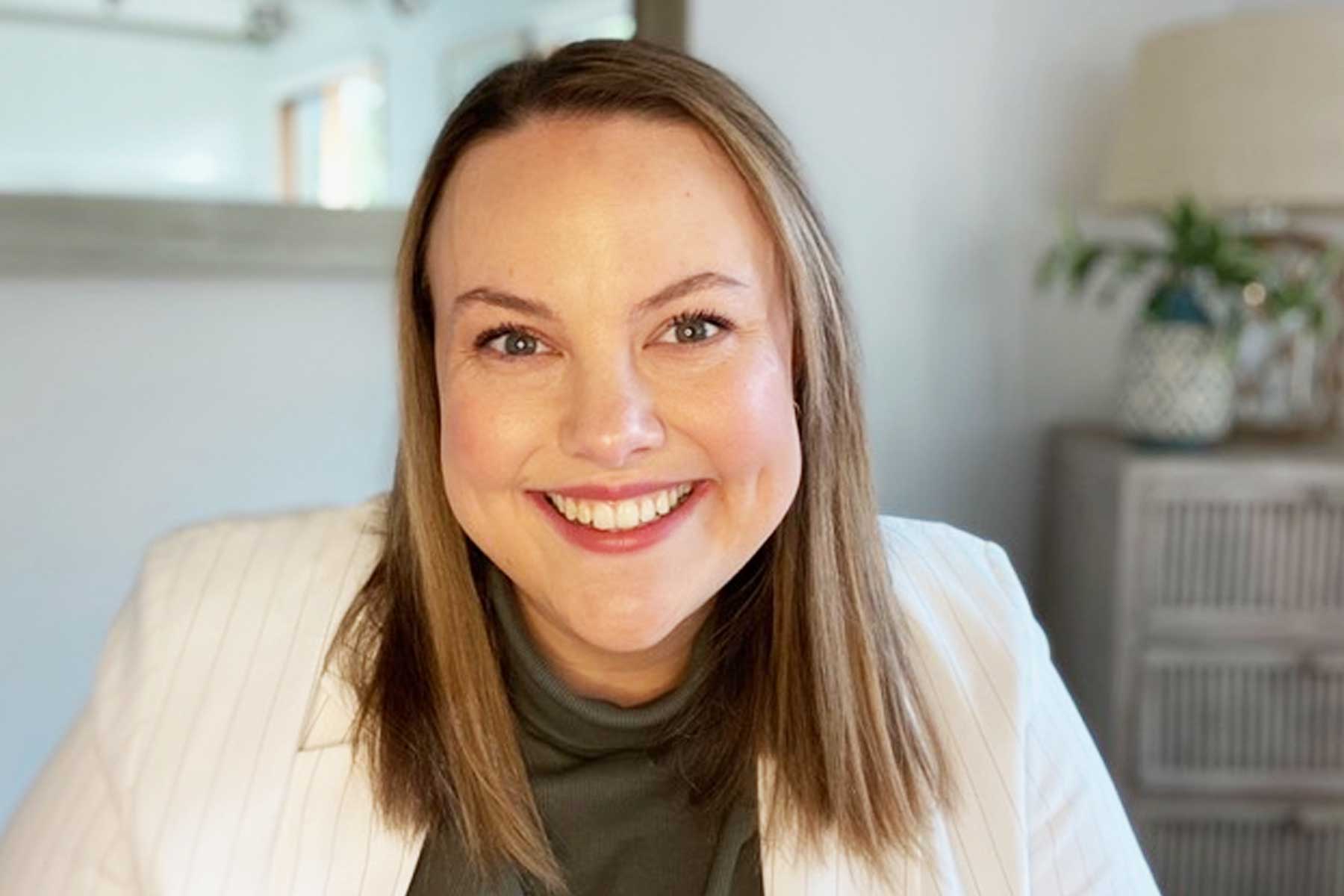Completing your nursing studies and entering the workforce is an exciting time. After years of study, you can finally call yourself a nurse, and are often beginning in a graduate nurse program.
I completed my graduate year in 2022. For my graduate program, I rotated through neonatal intensive care, paediatric oncology, and general medicine. While my own experience relates to nursing young people and their families, I have had lots of conversations with friends who have recently completed their grad year in different areas. Though we were in different rotations, we all found benefit in insights from each other on adapting from the classroom to the practical environment.
I have used my experience in my graduate year to share my top five tips for making the most of your graduate year. Not everyone completes a formal program, but these tips can be applied in many settings and will help anyone joining our workforce as a brand-new nurse.
1. Introduce yourself and use people’s names
You will meet lots of new faces and learn about how everyone fits together in the jigsaw of your team in the first few weeks. Try to smile and introduce yourself when you come across a new colleague. It may feel overrated, but it is an easy way to build rapport and professional relationships with your new colleagues.
This works both ways – when you learn someone’s name, try to remember it and use it again the next time you come across them. Not only is it good manners, but you will also find that people tend to remember your name if you remember theirs, and it will be much less intimidating when you need to ask them for help.
Introducing yourself is also particularly important in emergency situations. It is completely normal to be overwhelmed when faced with a sudden deterioration, and if you know how and when to raise the alarm, it is ok to need to take a step back.
If you do find yourself frozen on the spot, I found it so important to be able to quickly state “my name is Hayley, I am the bedside nurse, and I do not know what to do. I need help.” People will generally jump in and help you quickly if you can identify that you need help managing the situation.
2. Do not be afraid to ask all of your questions (multiple times if you need to) – just know who to ask
When in practice, it is easy to feel like you are expected to know everything. Remind yourself that you are still learning as a new nurse and that it is ok to need to ask questions. All of the educators I have worked with say they would much rather a graduate ask the same question five times than not seek clarification and make a guess.
The safe graduate is the one who asks the question. Just remember, some people will be easier to approach for help, and they will not ever make you feel like what you are asking is a silly question. Find those people and seek them out regularly.
3. Be brave and say yes to opportunities as they pop up
It can be scary trying out new clinical skills on real patients when you first start. You get some exposure on placement, but most of the clinical skill practice you have as a student is on mannequins who you cannot actually harm.
You will have lots of opportunities to try new skills, try to be brave and say yes to those opportunities, even if it seems scary! Just make sure you understand what you are doing, why you are doing it, the risks involved and get someone who is a confident (and kind) teacher to support you for the first couple of times. See one, do one, teach one!
4. Accept that you will be tired, it is a huge year
I was not prepared for just how tired I would be for the first three months of each rotation of my graduate program. My friends had warned me that it would be a big adjustment, but I underestimated the mental fatigue.
I found that my brain was often like mush on my days off because so much of my cognitive energy was occupied by all the learning at work. Have some mindless things planned for your days off to make sure you can switch off, particularly at the start of each rotation. Get your life admin sorted before you start!
5. Know who your key contact people are and your obligations for the year at the beginning
This final tip is more specific to those in a structured graduate program. Make sure you understand the administrative requirements. Do you have competencies or appraisals that need to be completed? Do you need to enrol yourself in mandatory study days?
Do not let these things fall off your radar – you do not want the added stress of scrambling to get them done as you are applying for a job at the end. The last thing you want is to be the graduate that does not meet the requirements to successfully complete the year based on a simple technicality like not uploading an appraisal! Keep the contact details of your graduate coordinators and the timeline of the year close by.
Congratulations on starting your career! This year will be fun, challenging, rewarding and everything in between. Make sure you reach out for help if you need it and go easy on yourself. Every nurse had to start somewhere, and everyone remembers what it’s like to be new. Enjoy being a graduate – it really does fly by. For now, a very big welcome to the profession, we are excited to have you here!
Hayley Pollock MACN
Hayley Pollock MACN is a registered nurse based in metropolitan Melbourne. An early career nurse, Hayley completed her graduate year in neonatal intensive care and paediatrics and is passionate about delivering patient and family-centred, comprehensive care to children and their families. Outside of her clinical work, Hayley is an Emerging Nurse Leader with ACN and is Communications Coordinator for ACN’s Melbourne region.






